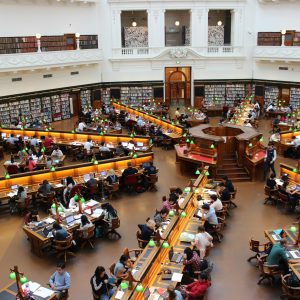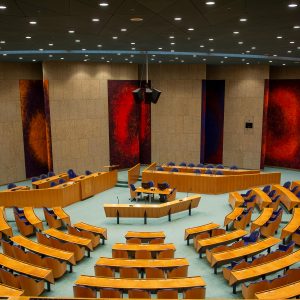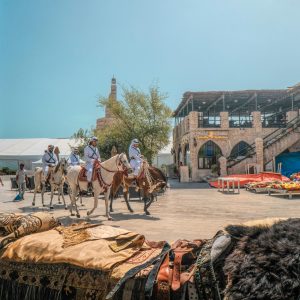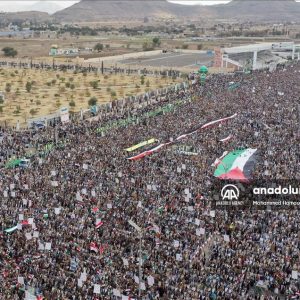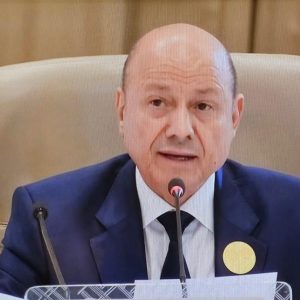‘Not my King’: UK’s Charles faces protest by Indigenous lawmaker in Australia
ISTANBUL (AA) – British King Charles III faced protest by an Indigenous lawmaker in Australia, telling the monarch the southern Pacific nation was not his land.
Clad in a fur cloak, Senator Lidia Thorpe raised her voice to make Charles listen to her statement after the monarch delivered his speech in the Australian parliament.
Secret services were seen walking towards and pushing the lawmaker out of the room, who accused the British monarch of committing genocide against the indigenous peoples.
“This is not your land. You are not my king. You are not our king,” Thorpe is heard saying in a video.
Charles and his wife Queen Camilla arrived in Sydney on Friday, on their first visit to Australia since ascending the throne.
They will spend five days in the region, including attending a meeting of the Commonwealth heads of government in Samoa.
“Treaty now,” Thorpe said, addressing the King.
The outspoken lawmaker has long demanded a treaty between Australia and First Nations peoples that would mean formally recognizing their sovereignty.
The British began occupying parts of Australia in 1788 but made no agreements with First Nations peoples.
“You committed genocide against our people. Give us our land back. Give us what you stole from us — our bones, our skulls, our babies, our people,” Thorpe shouted, addressing the British monarch, who was accompanied by Prime Minister Anthony Albanese.
Last year, the majority of Australians rejected a historic referendum to recognize the role of Aboriginal minorities in the Constitution.
Dubbed a “Voice to Parliament,” if passed, the Indigenous Australians — whose ancestors have lived on the continent for at least 60,000 years — would have received a constitutional right to advise parliament on policies related to them, for the first time in the nation’s history.
Since the colonization of Australia by British settlers in 1788, the Indigenous people have faced immense hardships, ranging from the loss of traditional culture and homelands to the forced removal of children and denial of citizenship rights, according to the Australian Human Rights Commission.



